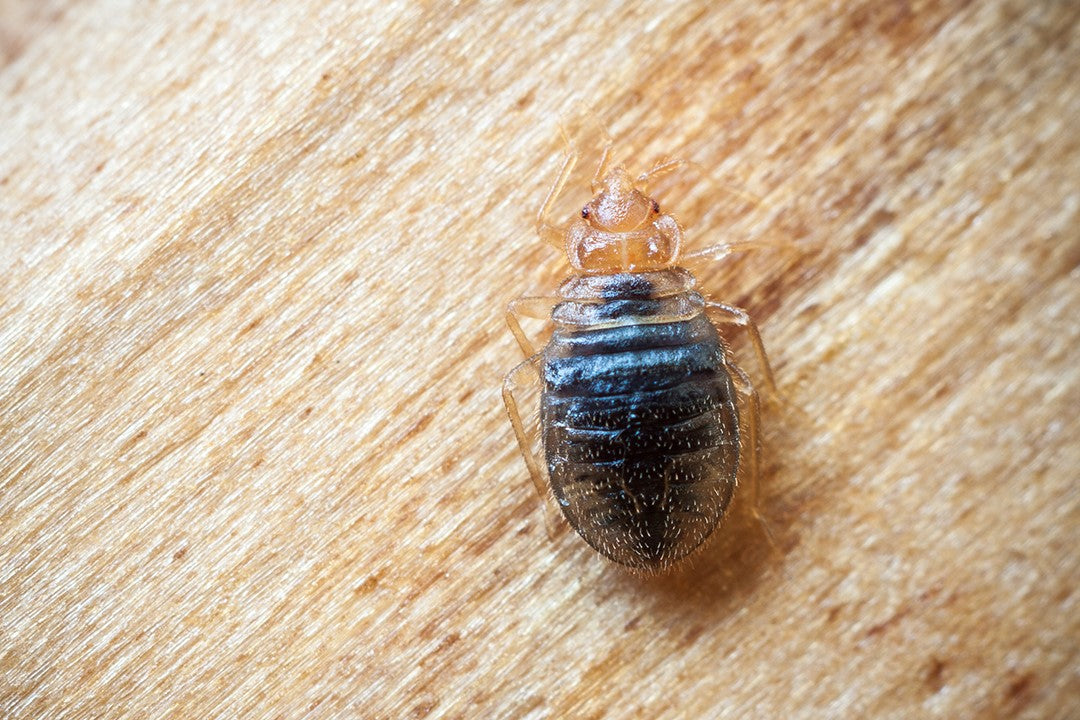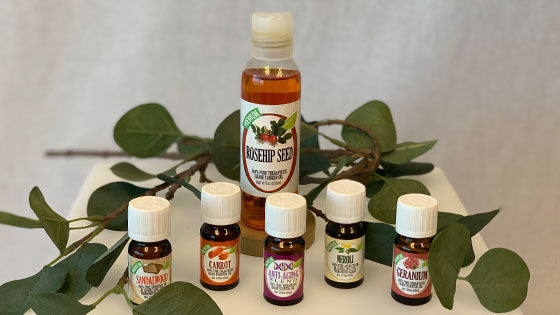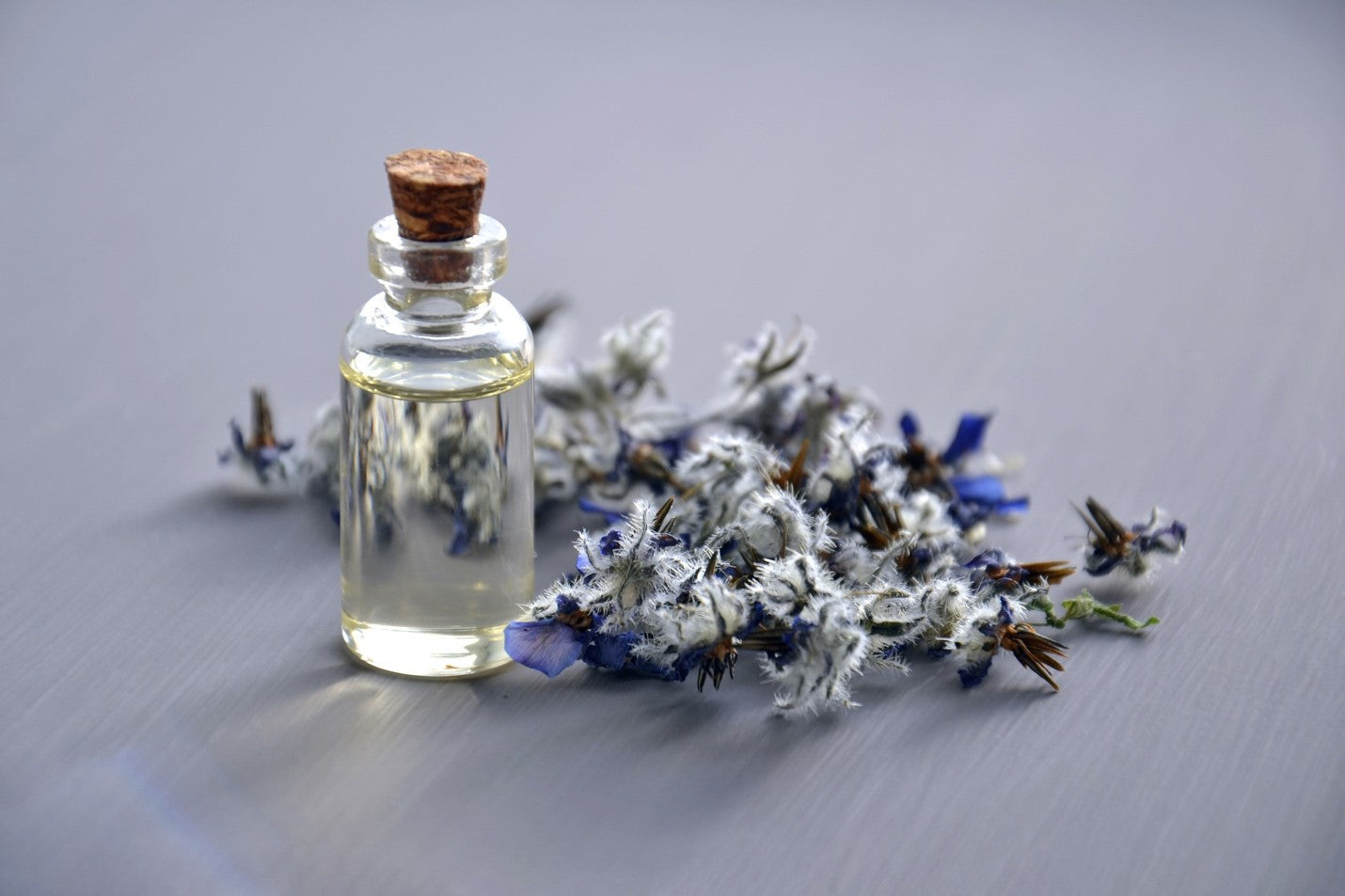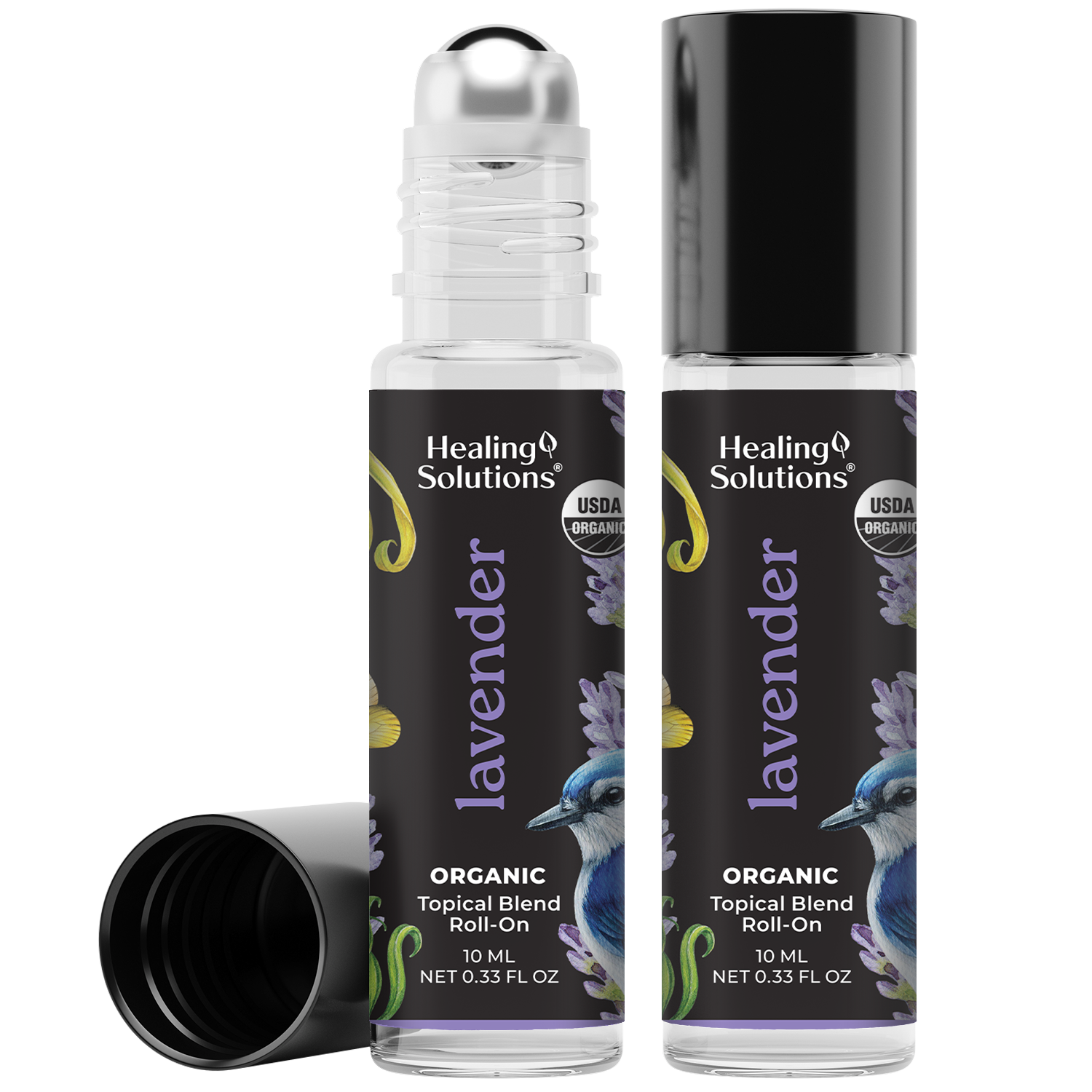Bed bugs are a nasty infestation that can be difficult to eradicate or prevent. If you have bed bugs and are wondering how to kill them (or prevent them), you may be wondering if there’s an effective way to use essential oils instead of harsh chemicals or treatments.
While only a small number of studies have been done testing the effectiveness of essential oil blends on bed bugs, some studies yielded positive results. In addition, several essential oil enthusiasts swear by their go-to bed bug essential oil recipes to prevent bed bug infestations from ever occurring.

Do essential oils really work on bed bugs?
It depends. Several studies saw positive benefits in using essential oil blends with bed bugs, with a few even resulting in a 100% mortality rate. From the research—shared below—it seems essential oils work best as preventative bed bug repellants or in combination with other bed bug killing methods (such as heat, freezing, washing linens, etc.).
In one study, researchers tested essential oil-based pesticides and detergents for killing bed bugs. In this study, they found that an essential-oil based insecticide using geraniol, cedar oil, and sodium lauryl sulfate killed over 90% of bed bugs (directly and with residual benefits), as well as producing an 87% egg mortality.[i]
A common at-home essential oil-based bed bug spray used by essential oil enthusiast includes the following:
10 Drops Peppermint Essential Oil
10 Drops Lemongrass Essential Oil
10 Drops Cedarwood Essential Oil
2-3 Drops of Witch Hazel
2 Teaspoons Epsom Salt
Instructions for this suggest putting the ingredients in a 16-ounce glass spray bottle (essential oils can degrade plastic) then adding enough distilled water to fill it. Shake well before spraying on bedding, mattresses, and other areas once a day (at least a few hours before bedtime so it has time to dry) until you’re confident the bed bugs have been eradicated, then continue spraying once a week for maintenance.
In the same study, a second essential-oil based bed bug insecticide used clove oil, peppermint oil, and sodium lauryl sulfate. This formula had a similar outcome. In addition, in a 2012 lab experiment, clove oil, and methyl salicylate fumigants killed bed bugs in about 30 hours at 26°C (78.8°F)).[ii]
An essential oils-based at-home bed bug spray often used by “green” homeowners and essential oil includes the following:
10 Drops Peppermint Essential Oil
10 Drops Clove Essential Oil
2-3 Drops of Witch Hazel
100 Milliliters Rubbing Alcohol—the higher the concentration the better. Shoot for a 90% solution. (a little over 1/3 cup)
Shake together in a glass spray bottle and spray on the bed, bedding, and surrounding area. Avoid using the spray around an open flame or electrical sockets.
A study by researchers at the Invasive Insect Biocontrol and Behavior Laboratory found that rosemary oil resulted in mortality approaching 100% in Petri dish assays after 5 days and killed 99% of bed bugs when exposed in a sealed commercial trash bag during the same amount of time.[iii]
Countryfarm Lifestyle suggests a homemade bed bug essential oil spray using:
1 Cup Water
10 Drops Lavender Essential Oil
10 Drops Rosemary Essential Oil
10 Drops Eucalyptus Essential Oil
Put all ingredients in a fine-mist glass spray bottle and shake well before using. They also recommend using gloves when spraying.
Full instructions for this method may be found here.
Essential Oils May Work Better as a Bed Bug Repellent
Some studies show in moderate to severe infestations that essential oils often don’t kill 100% of bed bugs and eggs. Many essential oil experts Instead express that if you live in a bed-bug prone area, an essential oil spray may help to repel bed bugs.
Some experts recommend spraying your bed and linens once a week. Some also recommend spraying the perimeter of your bed, headboards and footboards, and legs of the bed. Others have tried spraying essential oil solutions on fabric and wrapping the fabric around the legs of the bed, so bed bugs are deterred from climbing up.
Many essential oil users recommend using essential oil bed bug sprays like those above to repel bed bugs, or combining water or rubbing alcohol with any of the following oils:
- Lemongrass Essential Oil (get it here)
- Lavender Essential Oil (get it here)
- Rosemary Essential Oil (get it here)
- Clove Essential Oil (get it here)
- Cinnamon Essential Oil (get it here)
- Thyme Essential Oil (get it here)
- Eucalyptus Essential Oil (get it here)
- Tea Tree Oil (get it here)
- Orange Oil (get it here)
Other essential oil enthusiasts recommend creating a spray using the following and spraying it around the entry points of your home:
1 tsp Cayenne Pepper
1 tsp Ground Ginger
1 tsp Oregano Essential Oil
1 tsp Water
Shake ingredients together and strain into a 10 oz spray bottle (straining helps remove excess pepper flakes) and add water until full. Test a small area first to ensure the spray will not stain.
Some essential oil users recommend combining the following to help repel bed bugs:
8 oz Water
8 oz Witch Hazel
10 Drops Citronella Essential Oil
10 Drops Lemongrass Essential Oil
10 Drops Tea Tree Essential Oil
5 Drops Lavender Essential Oil
5 Drops Peppermint Essential Oil
Mix together in a glass spray bottle.
Using Essential Oil Bed Bug Repellant During Travel
You’ve probably heard horror stories of homeowners going on vacation only to come back with bed bug hitchhikers in their suitcases. To prevent this from happening to you, many essential oil users recommend enlisting the help of oils to ward off bed bugs that may be lingering in hotel rooms.
Use any of the above combinations to spray outside and inside suitcases before travel.
It can also be helpful to soak cotton balls in your favorite essential oil-based bed bug repellent solution and put the cotton balls in your suitcase when you travel to help prevent bed bugs from coming home with you.
Final Thoughts
While essential oils may not be 100% effective in treating a moderate to extreme bed bug infestation without the help of other eradication methods, they may be a good choice for prevention.
Take preventative measures like keeping bedroom areas clean, not using your bed as storage, removing “bridges" between the bed and floor, avoiding used mattresses or furniture, taking preventative measures when traveling, and spraying your bed and linens with essential-oil based bed bug repellants may help prevent a problem in the future.
These statements have not been evaluated by the Food and Drug Administration. These products are not intended to diagnose, treat, cure or prevent any disease. Read our Disclaimer.
[i] Singh N, Wang C, Cooper R. “Potential of Essential Oil-Based Pesticides and Detergents for Bed Bug Control. (2014) J Econ Entomol. Dec;107(6)2163-70.
[ii] Choe, D.H. 2012. Essential oils fight bed bugs. Presentation at the 2012 ESA Meeting in Knoxville, TN.
[iii] Feldlaufer M F, Ulrich Kevin R. “Essential Oils as Fumigants for Bed Bugs.” (2015) Journal of Entomological Science 50;2:129-137.






